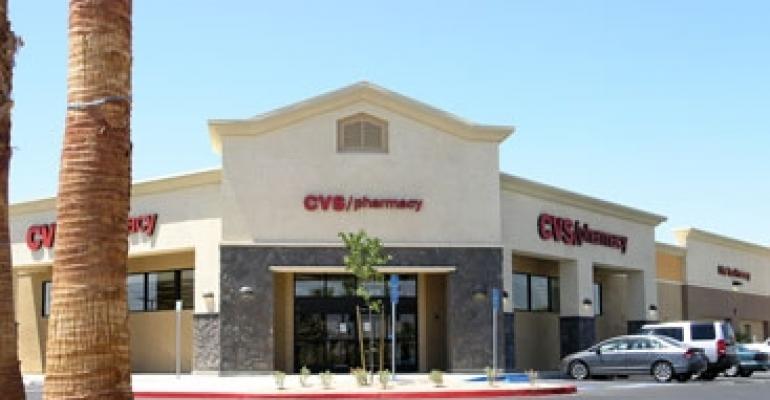
Consumers reined in spending and retail vacancies skyrocketed to 11.6% in the fourth quarter of last year, according to New York-based research firm Reis. Despite the unsavory business conditions, Regency Centers Corp., the national owner, operator and developer of grocery-anchored and community shopping centers, is moving forward with its pre-recession goals for sustainability.
In La Quinta, Calif., for instance, Regency’s Jefferson Square shopping center recently received LEED certification for Core and Shell Gold from the U.S. Green Building Council. Jefferson Square will be anchored by Fresh & Easy Neighborhood Market, slated to open this fall. A CVS pharmacy is already open at the center.
Through a partnership with public utility and third-party engineers, energy models for Jackson Square were used to project which combination of measures would produce the greatest energy savings at the lowest cost. According to Mark Peternell, vice president of sustainability for Regency, the energy efficiency steps will pay back in less than one year, after taking into account a rebate from the local utility. Jefferson Square is projected to use 35% less energy than conventional buildings.
“In some ways, implementing a new green program during a recession has been a blessing,” says Peternell, who is based in the firm’s Denver office. “It has required us to stay focused and become very creative. We have been able to develop solutions that are environmentally beneficial, cost effective, and technically sound.”
Regency, headquartered in Jacksonville, Fla., began incorporating sustainable design and operational practices into its portfolio in early 2007, and formalized its company goals later that year. Early in 2008, the real estate investment trust (NYSE: REG) began to systemically implement those practices.
“At a high level, our goal was to permeate sustainability throughout our primary business units: development, operating portfolio, and corporate operations,” explains Peternell. “We focused our efforts on new developments to ensure our designs included environmentally beneficial elements.” Specifically, Regency set a goal to LEED-certify 20% of its new developments in 2008, 40% in 2009 and 60% in 2010.
Those lofty goals, however, have not been immune from economic conditions. “What has changed is the overall activity level of new developments,” says Peternell. As a result, Regency is advancing its green efforts with respect to its operating portfolio.
Regency owns or manages a portfolio of 54.1 million sq. ft. and has developed 194 shopping centers since 2000. Six shopping centers, in addition to Jefferson Square, are currently seeking LEED certification.
Attaining LEED status may be Regency’s most ambitious goal but it is by no means the only avenue to sustainability. For example, the company recently announced that it is redeveloping Millhopper Shopping Center in Gainesville, Fla. The renovation will add 24% more space by demolishing a 37,244 sq. ft. store and expanding the retail space to a new 46,013 sq. ft. store.
By reinvesting in an existing asset, Regency can minimize the use of new raw materials and use an existing infrastructure. The Millhopper center will feature green improvements such as low-flow plumbing fixtures, more energy efficient HVAC units, and demolished concrete will be recycled but the project is not slated to achieve any type of LEED certification.
Although energy and water savings are easily measured, Peternell says it is more difficult to ascertain whether a sustainable retail space will actually attract more tenants and command higher rents. Tenants may prefer to lease LEED-certified or energy efficient space to bolster their brand and corporate image, as well as to make a difference to their bottom line, he says.
“In theory, we expect to be able to charge higher rents because tenants pay attention to their total cost of occupancy, not just the base rent. However, we have not yet seen this is reality, and I think that speaks to the difficulty of the leasing environment.”

